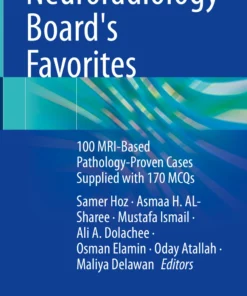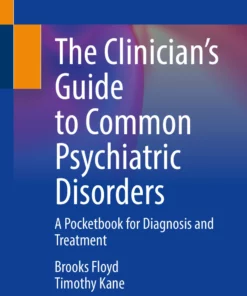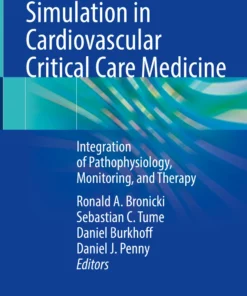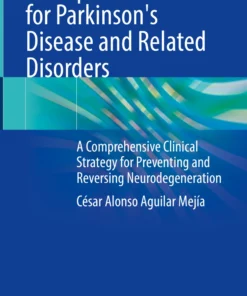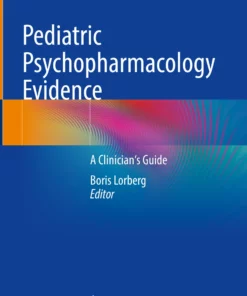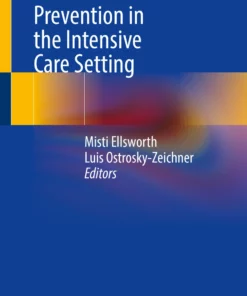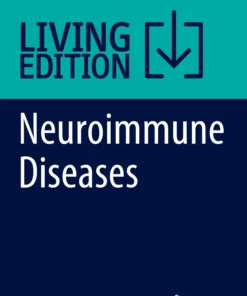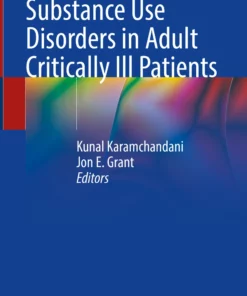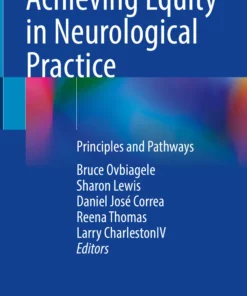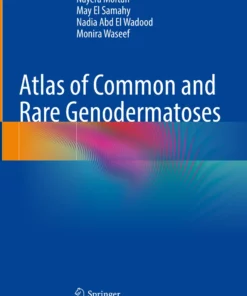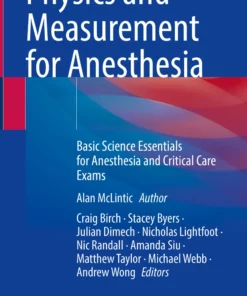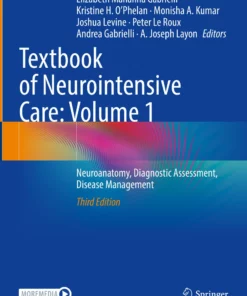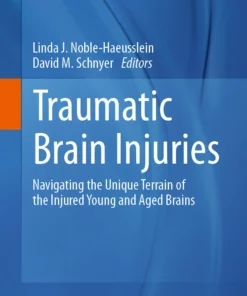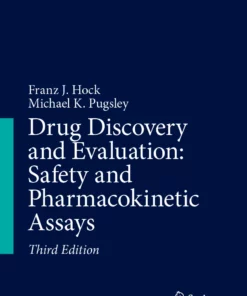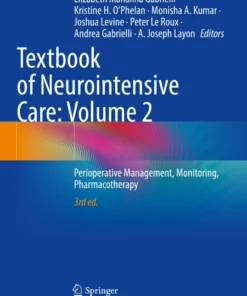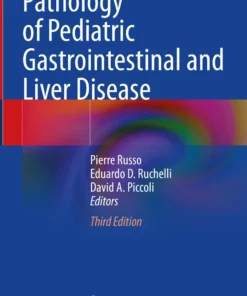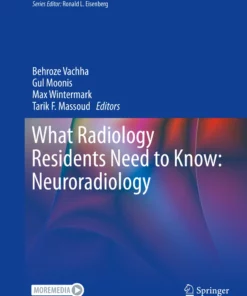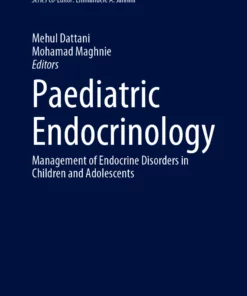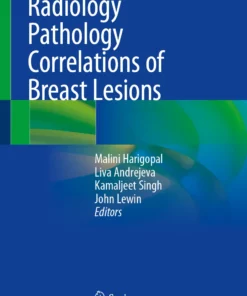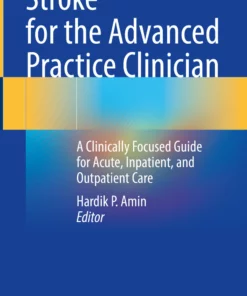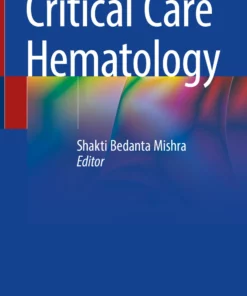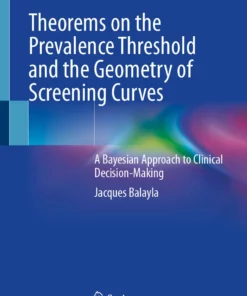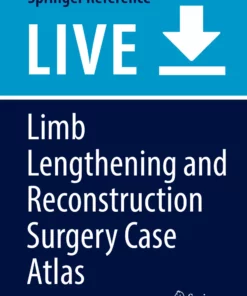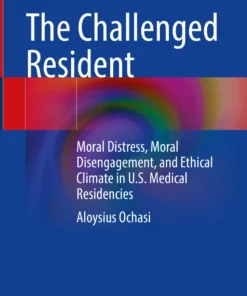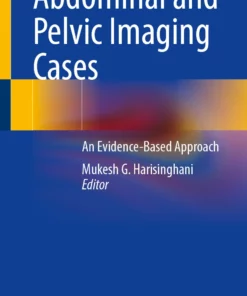Psychiatric Ethics in Late-Life Patients: Medicolegal and Forensic Aspects at the Interface of Mental Health 1st ed. 2019 Edition
8 $
Delivery time: Immediately
Psychiatric Ethics in Late-Life Patients: Medicolegal and Forensic Aspects at the Interface of Mental Health 1st ed. 2019 Edition
Lastly, the older adults incarcerated in prisons is a group that is growing in numbers. They have unique needs at the intersection of the geriatric and forensic services, but are often marginalized by both services. The combination of poor quality of life and increasing costs makes the care of older adults in the criminal justice system makes this topic an important public health concern. There is a pressing need for better training of prison staff in issues of geriatric psychiatry. Assessment of criminal responsibility and competence to stand trial in aging offenders are other complex but under-studied issues.
This proposed book will provide a comprehensive view of ethical, medicolegal, and forensic issues that will be useful in clinical practice. There will be three sub-sections, each focusing on ethical, medicolegal and forensic issues respectively. The first section will focus on ethical issues. Its first chapters will provide an overview of the how age and the process of aging influence decision-making and introduce unique ethical dimensions to clinical care. This will be followed by a discussion of the concepts of informed consent and capacity evaluation. The next chapters will focus on common scenarios that arise in the care of elderly patients and offer a practical approach to understanding and managing them. These will include assessments of the capacity to make medical decisions, the capacity to live independently, manage finances, drive a vehicle, have sexual relations etc. A chapter on ethical issues specific to dementia will outline issues related to diagnostic disclosure and genetic testing. Research ethics issues in geriatric psychiatry will also be outlined.
The next section of the book will focus on surrogate decision making in an older adult who has been deemed to lack the capacity to serve one or more functions independently. The first chapters in this sub-section will focus on patient directed advance health care planning tools, namely, living will and power of attorney. This will be followed by an overview of default surrogate making. Guardianship will subsequently be covered. A separate chapter will cover the issue of elder abuse and discuss an approach to assessing it.
The last section of the book will cover forensic issues in geriatric psychiatry. The first chapter will discuss aging older adults in the criminal justice system from an epidemiological perspective. The growing numbers of incarcerated older adults, their illness burden, the challenges in the diagnosis and management of neurocognitive disorders in the prison setting will be elucidated. The following chapter will discuss competence to stand trial with reference to elderly offenders. This will be followed by a discussion of the concepts of medical reprieve, compassionate release as well as model programs and policies currently in the works for older incarcerated adults.
Product Details
|
Related Products
Springer Ebook
Neuroradiology Board’s Favorites: 100 MRI-Based Pathology-Proven Cases Supplied with 170 MCQs
Springer Ebook
The Clinician’s Guide to Common Psychiatric Disorders: A Pocketbook for Diagnosis and Treatment
Springer Ebook
Gründe für den Schwangerschaftsabbruch: Schwangerschaftskonflikte im Kontext der Abtreibungsdebatte
Springer Ebook
Textbook of Neurointensive Care: Volume 1: Neuroanatomy, Diagnostic Assessment, Disease Management
Springer Ebook
Traumatic Brain Injuries: Navigating the Unique Terrain of the Injured Young and Aged Brains
Springer Ebook
Paediatric Endocrinology: Management of Endocrine Disorders in Children and Adolescents
Springer Ebook
Sonography of the Infant’s Hip: Principles, implementation and therapeutic consequences
Springer Ebook
Challenging Cases in Diagnostic Clinical Microbiology: Advanced Strategies and Techniques
Springer Ebook
Children with Differences in Sex Development: Taking a Multidisciplinary Management Approach
Springer Ebook
Microsurgery 101: Tips and Tricks for Microvascular and Peripheral Nerve Repair Techniques
Springer Ebook
A Phenomenological Interpretation of Schizophrenia: Subjectivation, Framework and Perspective






